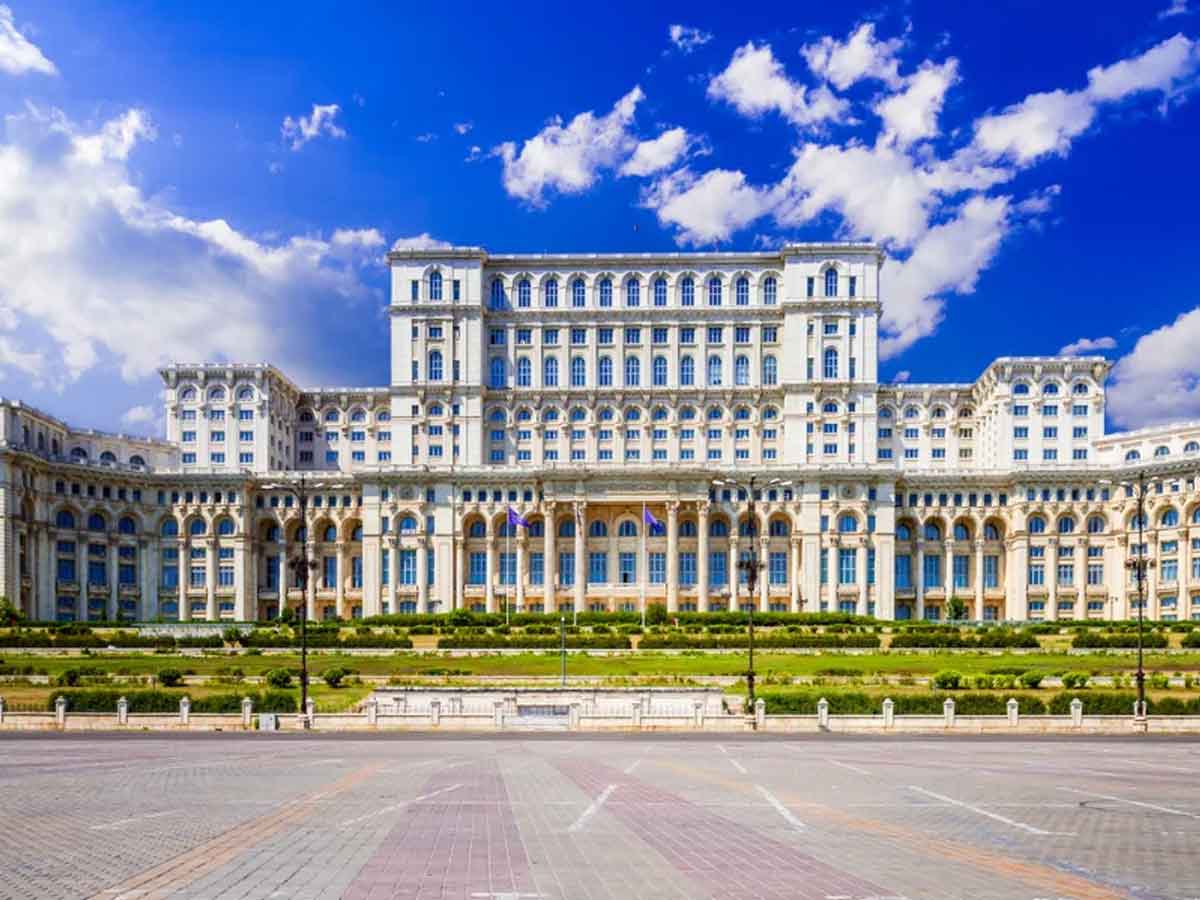Romania Moves to Ban Gambling Ads: Legislative Push Aims to Curb Addiction and Protect Vulnerable Groups
Romania is poised to take a decisive step toward regulating the gambling industry by banning gambling advertising. This bold legislative proposal, driven by the National Liberal Party (PNL), seeks to align Romania with other European nations like Belgium, Spain, and the Republic of Moldova, which have already restricted or banned such advertising. Explore the reasons behind this proposed ban, the legislative process it must undergo, and the potential impact on Romania’s gambling landscape.
Secure Your B2B License in Romania Through iGaming Express: Tier 1 Service at Competitive Rates!
At iGaming Express, we deliver holistic solutions, ensuring a smooth entry into the Romanian iGaming sphere with B2B licenses. Our comprehensive package includes company incorporation, banking assistance, legal advice, and all pivotal services custom-tailored to your unique requirements.
The B2B licenses in Romania are acclaimed for their cost-effectiveness, establishing them as the premier choices for visionary entrepreneurs poised to launch their online gaming enterprises. With these licenses, you can dive into a vibrant gaming market without stretching your budget, all while adhering to rigorous and respected regulatory standards.
The Push to Ban Gambling Ads in Romania
The proposed ban on gambling advertising in Romania is a key initiative outlined in the PNL Parliamentary Group’s legislative priorities for the autumn session of 2024. Ranked as the sixth priority on the list, titled “Elimination of Gambling Advertising,” the move reflects growing concerns about the impact of gambling on vulnerable populations, particularly the young and at-risk individuals.
Currently, the gambling industry has significant visibility in Romanian sports, with major betting companies like Casa Pariurilor, Fortuna, and FEG sponsoring Romania’s top football league, the national team, and the Romanian Football Federation (FRF). These sponsorships provide crucial financial support to sports entities but also increase the exposure of gambling brands to millions of viewers, including minors and vulnerable groups.
European Precedents: How Other Countries Regulate Gambling Ads
While Romania debates this proposed ban, other European countries have already implemented strict measures against gambling advertising. In countries like Spain, Italy, Belgium, and the Netherlands, gambling ads are strictly prohibited in sports. Even in Germany and France, where regulations are somewhat more relaxed, only a few clubs, such as Le Havre and Mainz, display gambling logos on their shirts.
Recently, Bulgaria made headlines by banning gambling advertising entirely, a move that was unanimously passed by its Parliament. Similarly, the United Kingdom will implement restrictions on gambling sponsorships in football by 2026, further tightening advertising regulations in one of Europe’s most prominent betting markets.
These regulations highlight a broader European trend toward curbing the influence of gambling advertising, especially in sports, which is viewed as a high-exposure platform. If Romania proceeds with its ban, it will join this growing list of countries prioritizing public health over gambling revenues.
Impact on Romanian Sports and the Gambling Industry
The Romanian sports landscape, particularly the Superliga, is heavily reliant on funding from the gambling industry. Currently, 14 of the 16 teams in the league have betting companies as their primary shirt sponsors. This dependence on gambling advertising is not unique to Romania; across Europe, more than half of Premier League clubs in the 2024/2025 season have similar sponsorships.
The proposed advertising ban could significantly disrupt this financial model, forcing clubs to seek alternative sponsorships. On a larger scale, the ban is expected to reduce the visibility of gambling brands, potentially decreasing new player acquisition rates for betting companies operating in Romania.
Legislative Pathway and Challenges
For the PNL’s proposal to become law, it must navigate a complex legislative process. The draft law first needs to be crafted and approved by the Legislative Council. Following approval, it is sent to the Senate, where it undergoes debate, receives necessary approvals, and is put to a vote. If the bill passes the Senate, it moves to the Chamber of Deputies for a similar procedure. Finally, it must be promulgated by the President of Romania and published in the Official Gazette before coming into force.
Arguments For and Against the Advertising Ban
Proponents of the advertising ban argue that the measure is essential to protecting vulnerable populations from the risks associated with gambling. Estimates suggest that approximately 200,000 Romanians suffer from gambling addiction, with another 400,000 considered at risk. Removing gambling ads is seen as a crucial step in reducing exposure and preventing addiction, particularly among youth.
On the other hand, critics of the ban, including representatives of the gambling industry, warn of potential economic fallout. They argue that the ban could lead to significant revenue losses for the state due to decreased tax income and could push players toward unregulated, black-market operators. According to industry estimates, gambling revenues in Romania are projected to reach €2.2 billion in 2024. The industry has already faced tighter regulations in recent years, including increased taxes and a ban on alcohol sales in gaming halls.
Romania’s proposed ban on gambling advertising represents a significant regulatory shift aimed at addressing the social costs of gambling. While the ban aims to protect vulnerable groups, it also poses challenges for the sports industry and the gambling sector, which rely heavily on advertising revenues. As the legislative process unfolds, the debate will continue between those advocating for public health and those concerned about the economic implications. Ultimately, the outcome will shape the future of gambling advertising in Romania and set a precedent for other nations considering similar measures.

